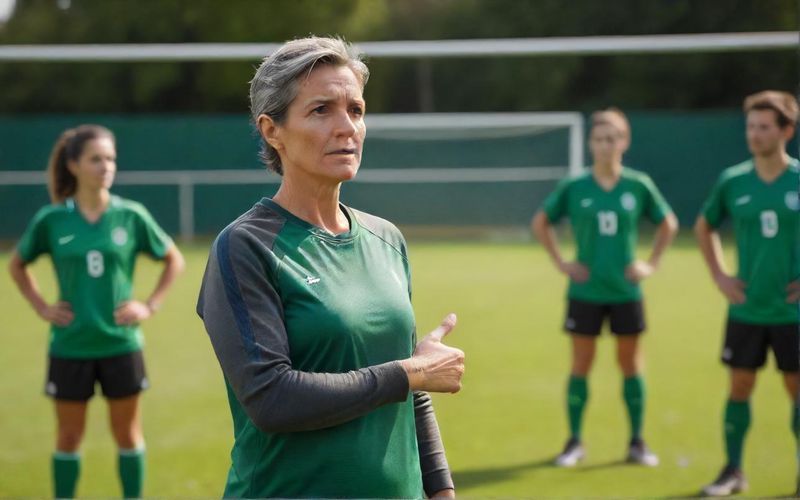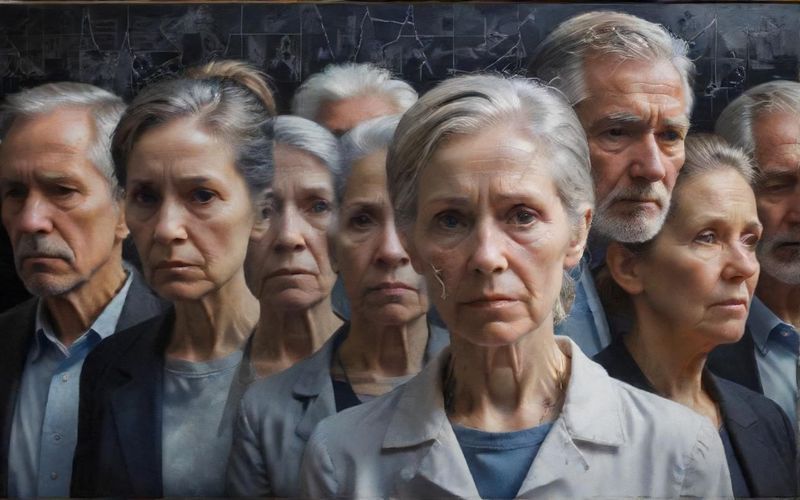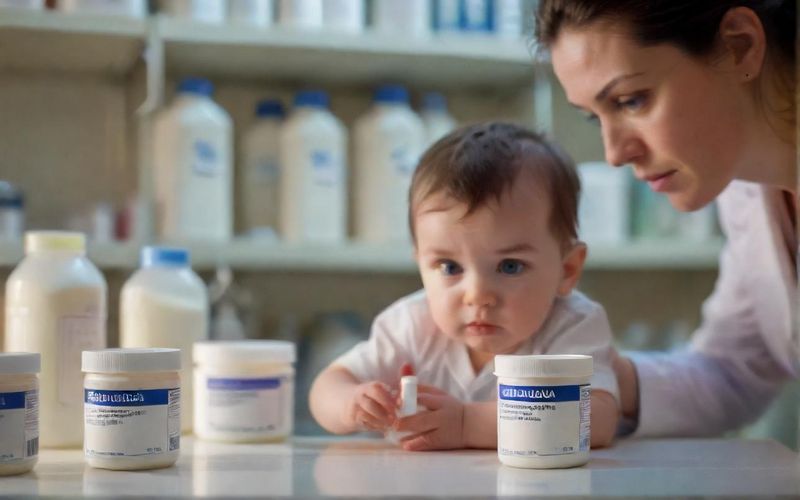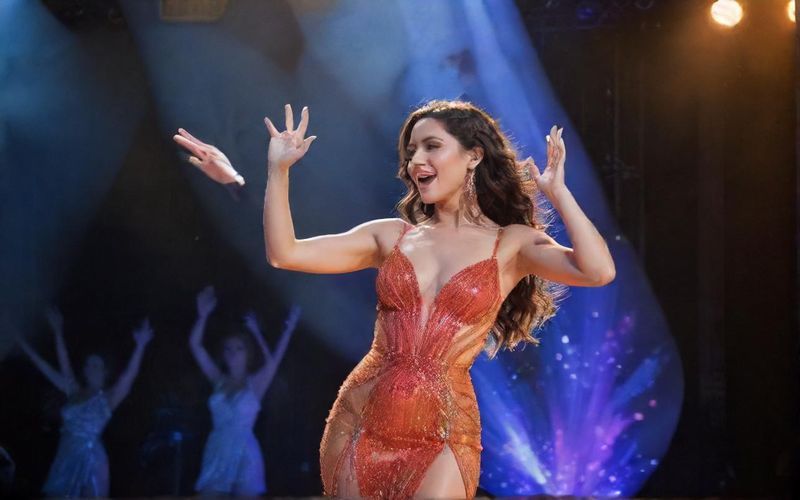Emma Hayes: Menopause Anxiety Hit Me Hard

It's easy to see Hayes as a titan, a relentless force who transformed Chelsea into a WSL dynasty before embarking on a new chapter with the USWNT. Her journey, however, wasn't paved with preordained coaching ambitions. As she shared with Kelly Somers, the idea of being a coach was never even on her radar. "I didn't have role models," she admitted, painting a picture of a landscape devoid of female sporting heroes to emulate. Her aspirations leaned towards diplomacy, a world away from the tactical battles and locker-room camaraderie she now commands.
This lack of a clear path makes her ascent all the more remarkable. It was a combination of a persistent PE teacher encouraging leadership courses and a serendipitous move to America, seeking a visa, that nudged her towards coaching. "More than anything else, I just wanted to move to America," she explained, a sentiment that underscores the unexpected detours life often takes. It was in this new environment that she began to truly embrace the role, discovering a passion she never knew existed.
Her upbringing, steeped in community and a deep appreciation for family, clearly informs her coaching philosophy. She remembers childhood games played with sheer abandon, with no referees or strict rules, just pure enjoyment. This emphasis on joy is something she fiercely protects, both for herself and for her son, Harry. When he lost a game 10-2, her instinct wasn't to critique his performance but to ask what he enjoyed. "I want him to keep that love for as long as possible," she stated, a poignant contrast to the high-stakes pressure cooker of professional football.
Her father, described as the "biggest feminist I've ever met," played a pivotal role, instilling in her the importance of giving back and pushing for progress, even when it's difficult. "No, make it better for others even if you have to take the punch in the face," she recalled him saying. This ethos is evident in her willingness to speak out about the biases women face in football, from being overlooked by referees to experiencing subtle forms of sexism from an early age. She acknowledges the personal cost, confessing, "Sometimes I'm like, 'why do I put myself in that situation?'" But the drive to pave a smoother path for future generations clearly outweighs the personal discomfort.
The conversation then shifted to the profound impact of menopause. Hayes described the sudden onset, following emergency surgery, as a seismic shift. The loss of estrogen, she explained, wasn't just a physical lubricant but a crucial element for brain function, leading to a sharp rise in anxiety and a struggle to regulate dopamine and serotonin. This was amplified after the birth of her son, making the demands of her high-profile career even more challenging to balance.
What strikes me most is how Hayes, a figure of immense authority and success, so openly discusses these deeply personal struggles. It speaks to a growing, vital trend of de-stigmatizing conversations around women's health and mental well-being, particularly within demanding professional spheres. She isn't just a coach; she’s a woman navigating the complexities of midlife, motherhood, and a pioneering career, often under a microscope.
Her family remains her bedrock. Her sisters are integral to her support system, with her younger sister acting as her manager and her older sister as her son's caregiver. This tight-knit unit allowed her to pursue her dreams without sacrificing her role as a mother, a juggling act many women can relate to.
As Emma Hayes embarks on the next chapter of her illustrious career, guiding the USWNT towards the 2027 World Cup, her journey offers a powerful blueprint. It's a testament to resilience, the importance of unwavering support systems, and the courage to be vulnerable. Her willingness to share her experiences, both on and off the field, not only humanizes a sporting icon but also champions a more open and empathetic approach to the challenges women face. Will this era of unprecedented openness in women's sports lead to more systemic changes that support athletes through all stages of their lives and careers?








